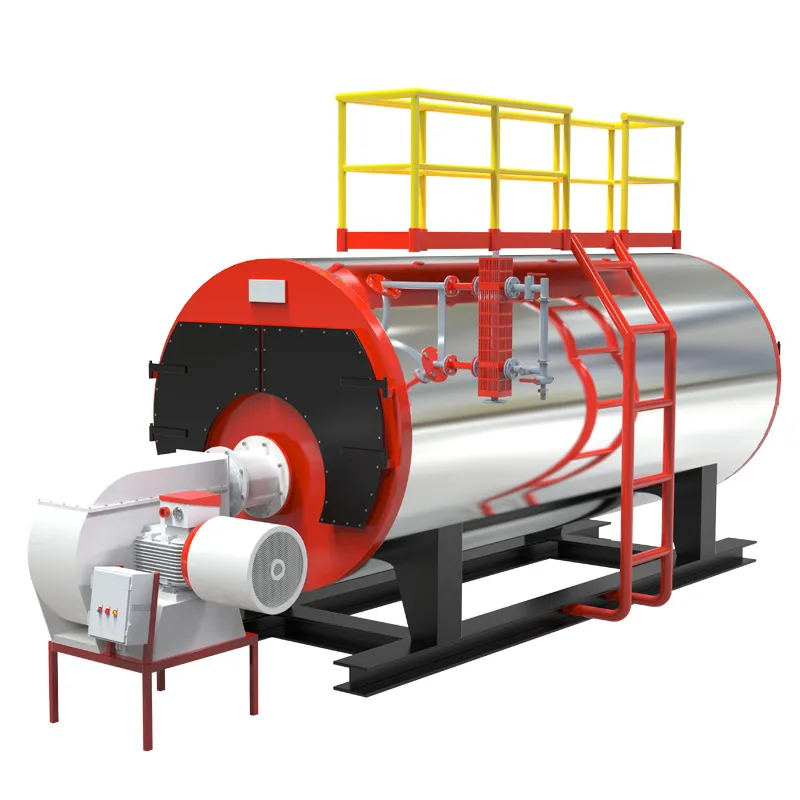
Nov . 09, 2024 15:03 Back to list
Requirements for Obtaining Steam Boiler Certification and Ensuring Safety Compliance
Understanding Steam Boiler Certification
Steam boiler systems are crucial in various industries—including power generation, manufacturing, and food processing—where they serve essential functions by generating steam for heating, powering machinery, and even creating electricity. Given their importance and the potential hazards associated with their operation, certification of steam boilers as well as the personnel who operate them is vital for ensuring safety and efficiency. This article delves into steam boiler certification, its significance, process, and implications.
What is Steam Boiler Certification?
Steam boiler certification refers to the process of assessing and verifying that a steam boiler system complies with established safety and operational standards. This certification is usually conducted by recognized authorities and organizations, which may vary by country and region. The certification attests to the design, construction, installation, and operation of the boiler, ensuring it meets the safety regulations governing pressure vessels.
Importance of Certification
The primary objective of steam boiler certification is safety. Boilers operate under high pressure and temperature, making them susceptible to failure, which can result in catastrophic incidents such as explosions or steam leaks. Certification helps prevent such events by ensuring that boilers are constructed from suitable materials, designed for intended uses, and maintained according to safety standards.
Moreover, certified steam boilers typically experience fewer operational issues, which results in increased efficiency and lower operational costs. Businesses can also demonstrate compliance with industry regulations and standards, which can be essential for securing permits and insurance coverage.
Certification also serves a legal purpose. Many jurisdictions require steam boilers to be certified to ensure that they adhere to local, state, and federal regulations. Operating a non-certified boiler could result in legal penalties, unsafe working environments, and liabilities in case of accidents.
The Certification Process
The steam boiler certification process typically involves several key steps
steam boiler certification

1. Design Review Before construction, a detailed design submission is reviewed by the certifying body or an authorized third-party organization. This step ensures that the design adheres to relevant codes and standards (e.g., ASME, National Board).
2. Construction Inspection During the manufacturing of the boiler, various inspections are performed. These inspections check the materials and workmanship to ensure compliance with the approved design.
3. Testing After construction, the steam boiler undergoes rigorous testing, including hydrostatic tests to ensure it can withstand the pressures it will face in operation. These tests also check for leaks and structural integrity.
4. Final Approval Once the boiler passes all tests, it is issued a certificate by the relevant authorities, indicating that it is safe for operation. Some jurisdictions may also label the boiler for easy identification.
5. Periodic Re-Certification To maintain certification, routine inspections and maintenance must be conducted. Many regulatory bodies require periodic re-certification, ensuring the boiler remains in compliance over its operational lifetime.
Personnel Certification
In addition to the equipment, the personnel operating and maintaining steam boilers must also be certified. Operators typically need to undergo training programs that cover boiler operations, safety procedures, troubleshooting, and emergency response. Certification for personnel ensures they possess the necessary skills and knowledge to operate steam boilers safely and efficiently.
Conclusion
Steam boiler certification is a critical aspect of ensuring safety and compliance in industries dependent on steam systems. By verifying that both the equipment and the operators meet established safety standards, certification helps mitigate risks associated with boiler operations. Businesses should prioritize maintaining their certification and employing trained personnel, as these elements not only enhance safety but also lead to greater operational efficiency and compliance with legal obligations. As industrial processes continue to evolve, the importance of comprehensive steam boiler certification remains paramount in safeguarding lives, assets, and the environment.
-
High-Efficiency Commercial Oil Fired Steam Boiler for Industry
NewsJul.30,2025
-
High-Efficiency Biomass Fired Thermal Oil Boiler Solutions
NewsJul.30,2025
-
High Efficiency Gas Fired Thermal Oil Boiler for Industrial Heating
NewsJul.29,2025
-
High-Efficiency Gas Fired Hot Water Boiler for Sale – Reliable & Affordable
NewsJul.29,2025
-
High Efficiency Biomass Fired Hot Water Boiler for Industrial and Commercial Use
NewsJul.29,2025
-
High-Efficiency Biomass Fired Hot Water Boiler for Industrial Use
NewsJul.28,2025
Related PRODUCTS






















